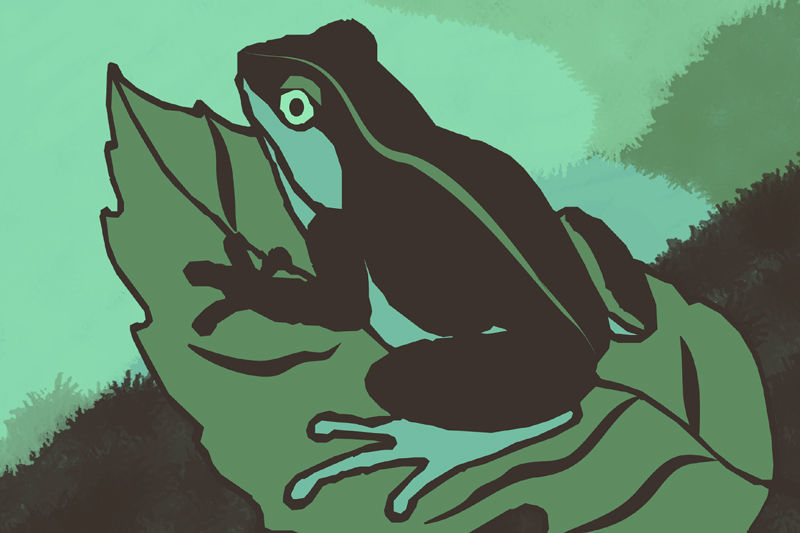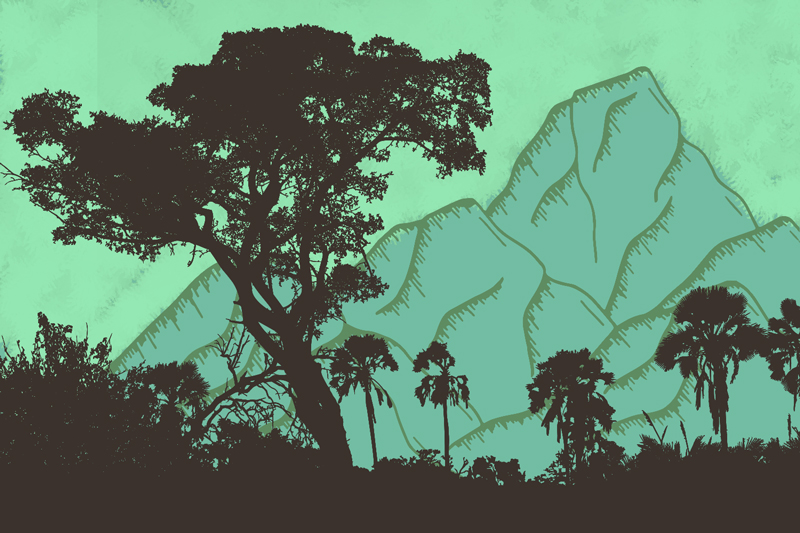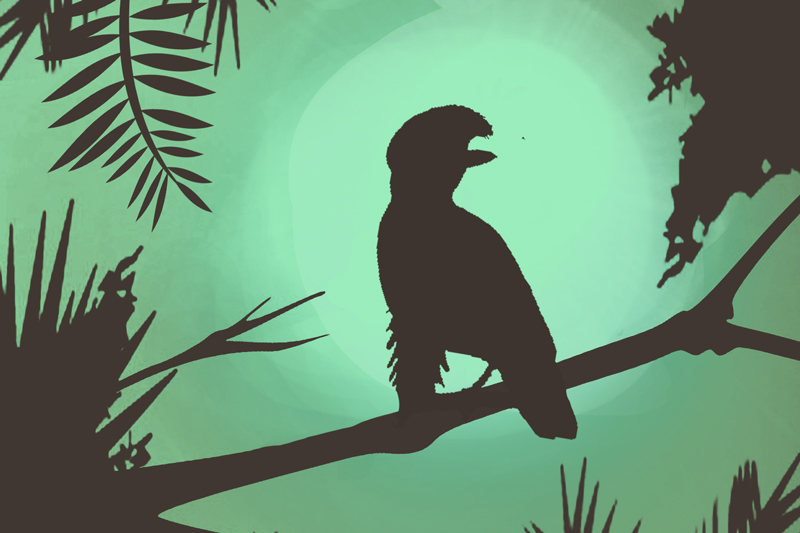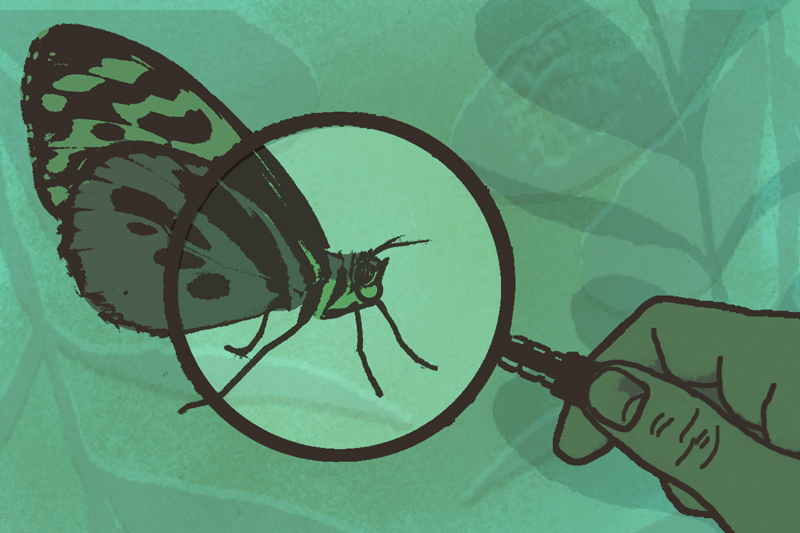Conservation
Restoring Vanishing Forests and Rescuing Endangered Species
The Chocó rainforest, where FCAT is based, is a bio-region of outsized importance for conservation: a few acres of forest here can contain more tree species than all of North America. But Chocó rainforest is disappearing rapidly, diminishing habitats for flora and fauna unique to the region. Where we work in northwest Ecuador, over 90% of primary Chocó forest has already been destroyed. Now, the survival of dozens of globally threatened species found nowhere else on earth hangs in the balance. FCAT is saving these species from extinction.
Photo: Murray Cooper
Photo: Fernando Campos
The FCAT reserve directly protects globally Endangered or Critically Endangered species like the Banded Ground-cuckoo (Neomorphus radiolossus), Ecuadorian capuchin monkey (Cebus aequatorialis), and Mache glassfrog (Cochranella mache), along with countless others. Our research maps distributions of these species and identifies their conservation requirements, information we use to design grassroots conservation strategies with local residents and other stakeholders.
To provide a bulwark against further destruction, FCAT is creating a 4,000-acre corridor of continuous forest to link the current FCAT reserve with another large patch of forest (the 8,700-acre Bilsa Biological Reserve) and an internationally identified priority wetland, the Laguna de Cube. This corridor will rescue currently isolated populations of indigenous threatened species and connect them to ‘source’ populations, protect critical habitat for migratory bird species that breed in North America, and ensure landscape-level ecosystem viability over the long-term. It will also anchor coordinated programs to promote sustainable economic and social well-being for local residents and communities.
FCAT is composed primarily of local residents, born and raised in the project area. As we rescue forest, we engage an ever-increasing number of residents in scientific research, inspiring them to value their environmental birthright while increasing community prosperity. Through economic and educational
investments, we are slowing deforestation as a matter of normal practice and enabling eco-tourism and commercial sales of sustainable products as major economic drivers.
Photo: Alejandro Ortega, Tropical Herping
We are making significant progress toward achieving our ambitious goal: a synergistic landscape-level conservation project in which ecosystem integrity and local resident wellbeing mutually reinforce one another. To find out how you can help, contact us and get involved!
Subscribe to our Newsletter!
News
©2023 FCAT





